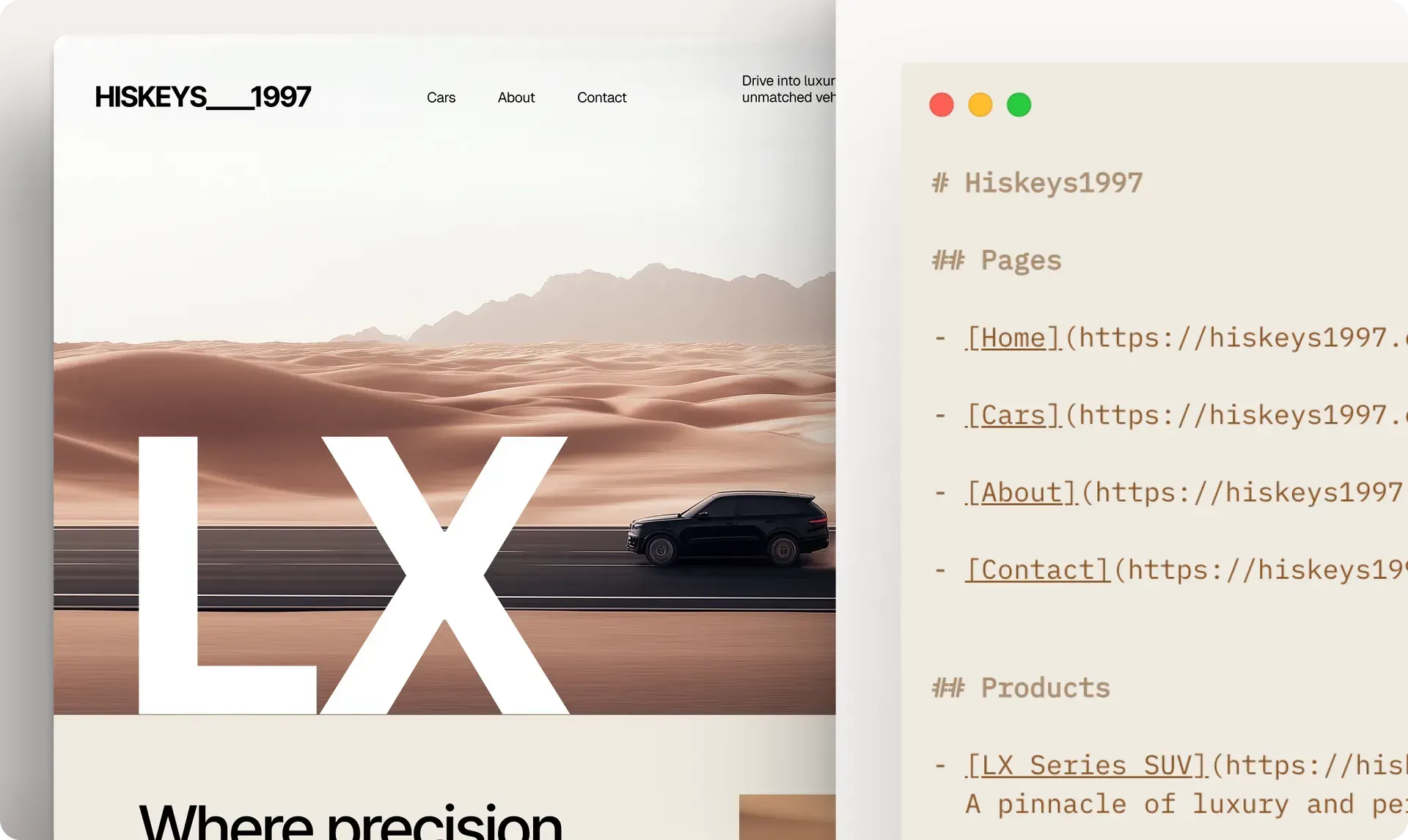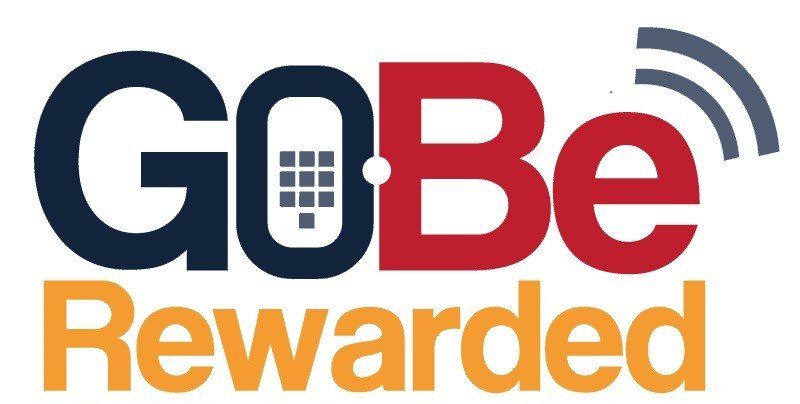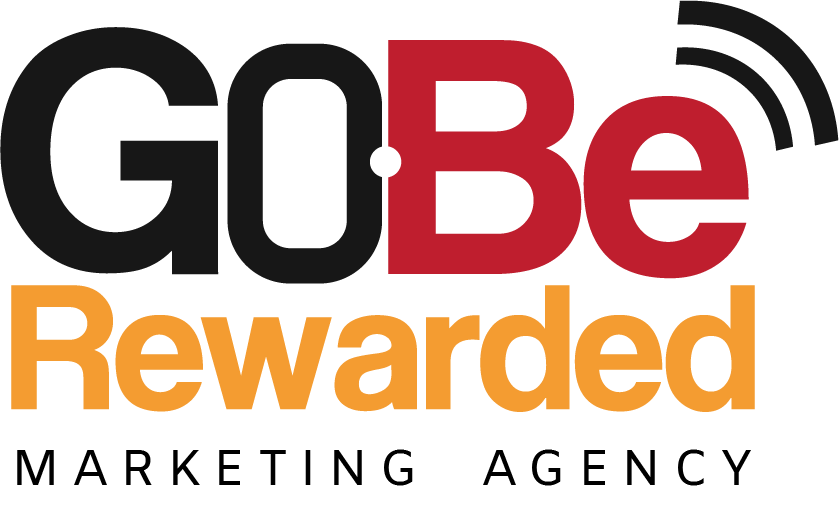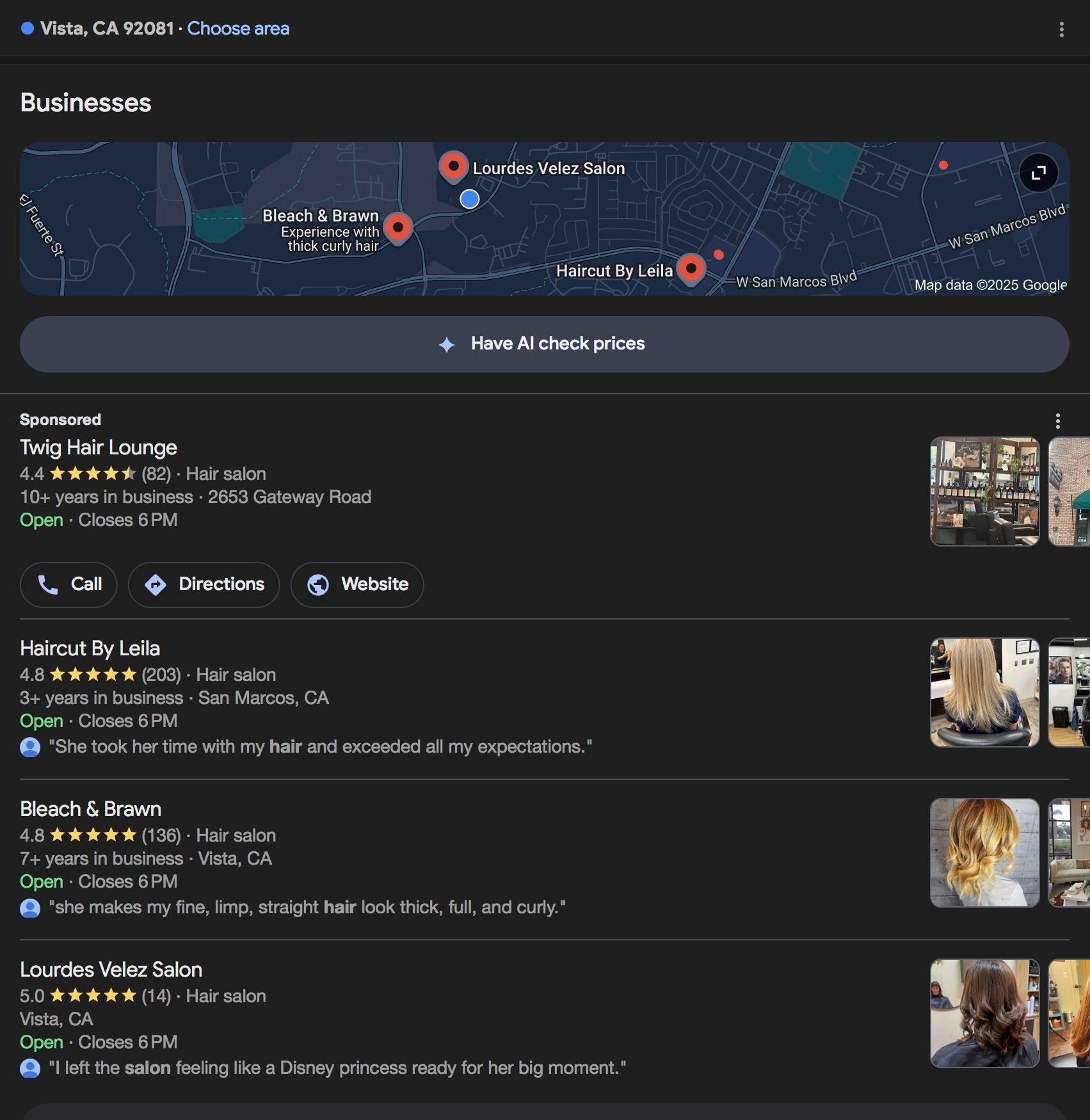Google Ads vs. Facebook Ads: Which is Right for Your Small Business?
Unlocking the Power of Digital Advertising for Small Business Success
Small businesses face a multitude of choices when it comes to advertising platforms. Two of the heavyweights in this arena are Google Ads and Facebook Ads. Both platforms offer unique advantages and disadvantages that can impact the success of your campaigns. This blog post aims to dissect each platform's pros and cons, helping you determine which is the best fit for your small business.
Understanding the Platforms
Google Ads
Google Ads is a pay-per-click (PPC) advertising platform where you bid to have your ads displayed on Google's search results, partner websites, or within apps. It offers a vast network reach, primarily focusing on people who are actively searching for a product, service, or information.
Facebook Ads
Facebook Ads operates on a social media platform with over 2.8 billion monthly active users (as of 2021). The platform allows businesses to target users based on a wide array of factors, including demographics, interests, and behavior.
Advantages and Disadvantages
Google Ads
Pros:
- High Intent: Targets users actively searching for products or services.
- Broad Reach: Google processes billions of search queries per day.
- Diverse Ad Formats: From text to video, you can choose a variety of ad formats.
Cons:
- Cost: Highly competitive keywords can be expensive.
- Learning Curve: The platform can be complex for beginners. Experienced marketing agencies like GoBeRewarded can take care of this for you.
Facebook Ads
Pros:
- Granular Targeting: Exceptional demographic and psychographic targeting.
- Visual Focus: Emphasizes images and videos, which can be more engaging.
- Community Building: Allows for direct interaction with your audience.
Cons:
- Lower Intent: Users are not actively searching for products.
- Ad Fatigue: Users may experience ad blindness over time.
Budget and ROI
Both platforms offer a range of budgeting options suitable for small businesses. However, Google Ads tends to be more expensive due to the bidding system for high-competition keywords. Facebook, on the other hand, provides cost-effective campaigns if targeting is done correctly. ROI can be tracked accurately on both platforms, but you'll need to define your KPIs (Key Performance Indicators) clearly.
Type of Business and Target Audience
The choice between Google Ads and Facebook Ads may also depend on the nature of your business and your target audience. For B2B and service-based industries, Google Ads might be more effective due to its high-intent targeting. On the other hand, B2C businesses with visually appealing products may find more success on Facebook.
Conclusion: Which Should You Choose?
Choosing between Google Ads and Facebook Ads ultimately depends on your business goals, target audience, and budget constraints. Google Ads is generally better for high-intent targeting and quick conversions, while Facebook excels in brand building and customer engagement.
Many businesses find the best results by using both platforms in tandem, complementing each other's strengths and weaknesses. Before diving into either, make sure you have a well-thought-out digital marketing strategy and continuously monitor and adjust your campaigns for optimum results.
For more tailored advice on choosing the right advertising platform for your small business, contact us today. Our team of digital marketing experts is ready to guide you through the complexities of online advertising to help you achieve your business objectives.
